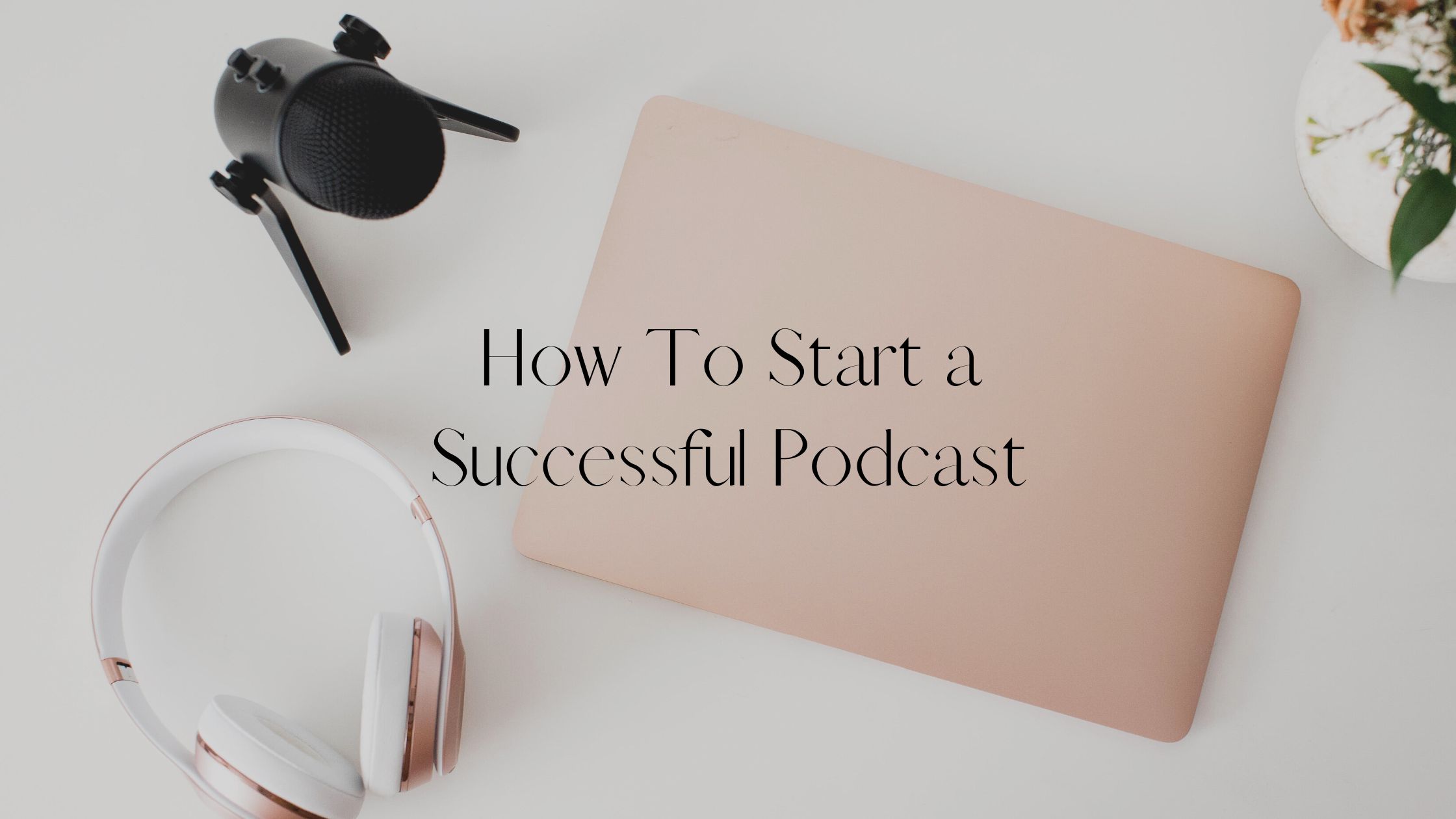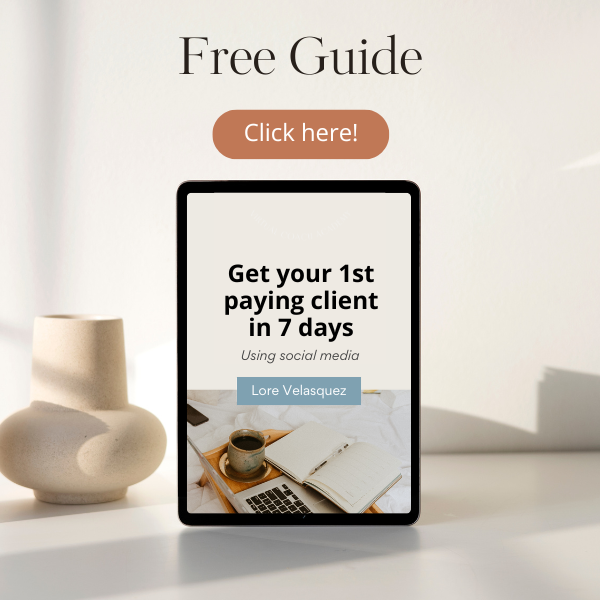
How to start a Podcast
Table of contents
Intro:
When I started building my online coaching business, launching a podcast was a dream for me. It puts a voice to my brand, which allows me to connect with my audience in a different way, sharing my story and knowledge.
As you might know, the Spotify wrapped came a week ago and guess what: My podcast show “Disconnect to Connect” is top 5% most followed AND top 5% most shared GLOBALLY! Plus, it has been listened to in over 39 countries… What a ride.
Trust me, I know it can feel overwhelming at first but it doesn’t have to be! Here I will show you the steps you can take today to launch one of your own.
1. Before starting…
Knowing why you want to start a podcast is important to attract the right audience and stay committed to it. You may want to attract more clients, or increase your brand exposure or even just for fun. It doesn’t matter but stay true to yourself and your purpose.
More importantly, have in mind that building an audience for your podcast show usually grows over time. So dedication and commitment is a must.
-
Pick a general topic
Depending on the reason why you are making your podcast, your topic will differ. Be smart about it and think about something you won’t mind discussing over and over again. Do some research, there is always room to grow and learn! I would suggest even researching other podcast shows regarding your topic of interest.
Brainstorming is key! Think about what you could be doing differently? What can you share that others aren’t? Think big.
A tip I can give you is to define your concept topic and try to write down 10 to fifteen episodes. If you feel like it’s too hard, brainstorm a new concept topic and do it again.
-
Choose an average length for your episodes
Choosing a format for your podcast will make it feel doable and consistent. In fact, it should feel freeing and sustainable.
For instance, My podcast show length is usually around 45 minutes. I figured, it is as long as it needs to be. No less, no more. If you do some research, you’ll find that while some podcasts are an hour long, others are just five minutes or less.
-
Set recurrency or schedule
Depending on what you are looking for, making a podcast episode can be your full-time job as a strategy to build your profitable online business or just something you do once in a while for fun. It is your choice, if you want to do it daily, weekly, monthly. But I assure you having a structured schedule will help you stay consistent.
-
Decide if you want to start by having guests or co-hosts
Ask yourself if that is something you would like to do. Having guests can be beneficial to increase exposure, show a different point of view and even have a more fluid and interesting conversation.
Actually, get excited! Because our next guest on the “Disconnect to Connect” podcast will be Julie Solomon, who was my business coach for a whole year!
Also, if you want to join me, grab your favorite latte and get comfortable, because on my podcast show I just recorded a podcast with Danielle Collins (@thefaceyogaexpert). Here, we talked about her journey to wellness, how Face Yoga changed her life and the impact she’s had since taking her business into the digital world
On the other hand, choosing a partner to co-host your podcast show might increase brainstorming ideas for episodes but keep in mind it can be a challenge scheduling your recording sessions.
2. Hands-on
-
Get the right equipment
You might think you will have to invest hundreds of dollars to have a successful podcast show but this is far from reality. In fact, many podcasts that you may listen to have a basic setup and equipment.
These are the three things I would highly recommend buying which has worked for me amazingly: A microphone, computer/phone and a microphone pop filter. Certainly, it is important to have good audio when recording your show. This will also make the editing process less challenging. I currently live in New York! The city that never sleeps means background noise everywhere but luckily these equipment has made my life much easier.
Microphones: Here you can find the one I use, an affordable one and to travel and the one that was voted best mic for podcasts on 2022
Microphone Pop Filter: It filters the sound and makes it more professional. Super practical and cheap. This is the one I use or the most practical one.
-
Platform
The one I use to record my podcast is called “Anchor” (link). This is a free hosting platform from Spotify to record, edit and upload. You can even read your stats and monetize your content. There is also an app that you can use from your phone.
Audio Jungle, on the other hand, is a website that allows you to buy sounds that you like ranging from $2-$100 so that you can have your own signature song! Without investing hundreds of dollars.
-
Google docs
Organizing your content and preparing before you start recording is crucial. Follow these steps to succeed at recording your very own first episode!
- First, you should define your podcast episode topic. Followed by writing out your podcast outline: For instance, 3 to 5 things that you want to mention in your episode. Just like writing an essay, these will be your subtopics.
- Test yourself, does it come easier with a script or without one.
- On the other hand, you can also jot down a couple of bullet points for you to have guidance whilst recording. You will see it will drastically improve your fluency.
- Including personal anecdotes may also be a great tool in helping you make that connection with your listeners.
- Giving away special tips and tricks that you may have on your sleeve may also be of great help.
3. Visualizing your podcast show
Lastly, you will have to define your listener persona. You will want to create a full picture of the ideal person you would like to listen to your podcast show. Think of it as your ideal listener. Get specific. Just like an ideal customer profile, having this figured out and the more real you can get, will definitely help you understand and find what type of content they are looking for and like.
Likewise, add value to your content, try ways to connect with your audience and challenge yourself every time you record. Moreover, use your other platforms to bring traffic to your own show. To illustrate, using your own blog or instagram account.
Without a doubt, learn how to understand your stats and metrics. In turn, if used wisely, this will help you better understand your ideal listeners, what they like and what they don’t. More importantly, give you a better idea on the content you can create for them that is aligned with their personal preferences and interests.
After all, launching my podcast show has been an amazing tool and an important part of my online business strategy. It has created a space to build and foster interesting conversations with my audience. Stop overthinking it and start today!


